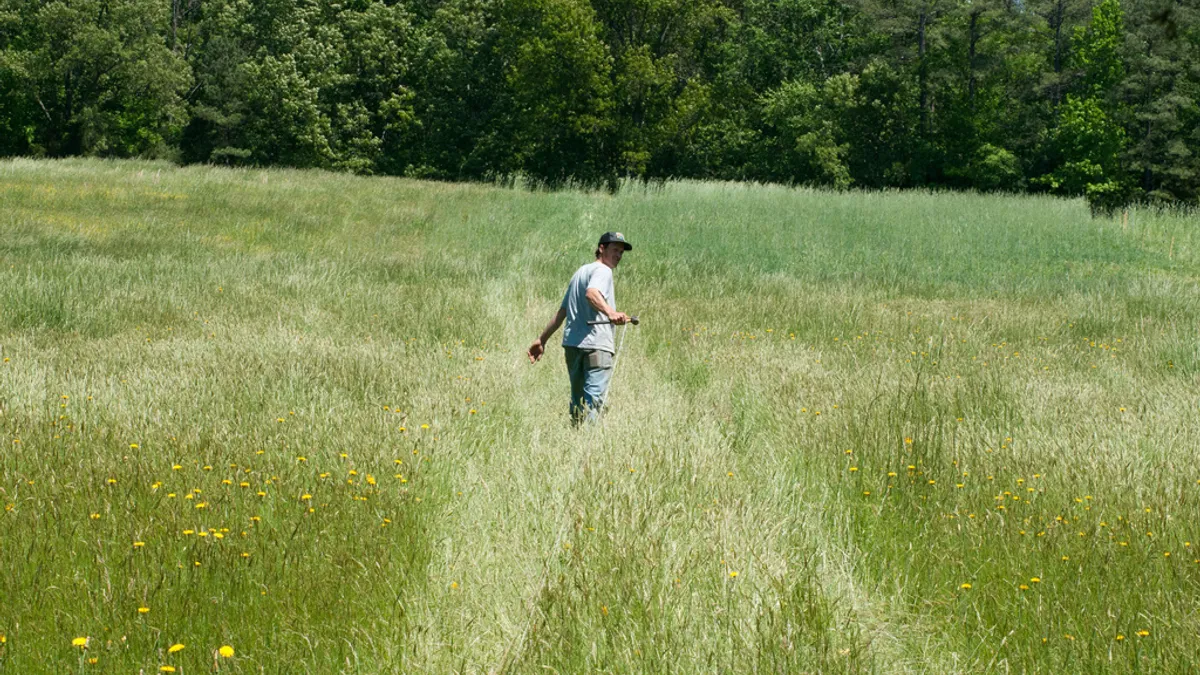Dive Brief:
- The United Kingdom must advocate for "free and frictionless trade" with the European Union if it is to protect the nation's food supply chain, according to "The UK Food Supply Chain Manifesto" sent Tuesday to Prime Minister Theresa May.
- More than 100 manufacturers, retailers and ingredients suppliers signed the manifesto, which outlines four priorities in the final stages of Brexit negotiations: frictionless trade, supportive domestic policy, unrestrained labor supply and innovation-focused regulation.
- The U.K. food supply chain employs roughly 4 million people, supports 61% of the nation's food needs and creates £112 billion ($130 billion) to the nation's economy, according to a press release.
Dive Insight:
The buffer period between the U.K.'s vote to leave the European Union and its implementation is nearly at an end, and business sectors are doing what they can to ensure minimal disruption after March 29, 2019.
The manifesto sent to Theresa May effectively asks the U.K. do everything in its power to ensure free, or at least frictionless, trade. U.K. business is accustomed to operating under a single customs, financial and regulatory environment like other EU partners. Any change to these policies could rattle business continuity.
In an earlier report, the National Farmers Union outlined three potential outcomes of Brexit negotiations and their expected impact:
- U.K.-EU Free Trade Agreement - Agricultural trade is largely tariff-free, "apart from UK lamb exports to the EU."
- U.K. defaults to WTO standards - Under this standard, the NFU expects farmgate prices to increase and import costs to rise. Agriculture policy becomes "more protectionist," leading domestic production to rise.
- U.K. Trade Liberalization - The U.K. approves a 50% reduction in WTO tariffs, leading meat and dairy prices to fall alongside guarantees of British product assurances. The worst case scenario for domestic U.K. producers.
The food supply chain is particularly dependent on unimpeded trade.
The European Sea Ports Organization, for example, recently called on negotiators to consider the cost of customs disruption, which could lead to bottlenecks across the EU.
But it's not just seaports that are at risk of disruption.
Leaving the EU raises the prospect of a "hard border" between the Irish Republic and the U.K.'s Northern Ireland, raising operating costs in an otherwise co-dependent region. In 2015, more than £1.3 billion worth of agriculture products traversed that border as either imports or exports.
"It is hard to overstate the potential of international trade implications of Brexit for UK farmers," the NFU wrote in the earlier report. "Whatever the eventual outcome from the forthcoming negotiations, there are likely to be significant changes to the competitive landscape in which our farmers operate."














